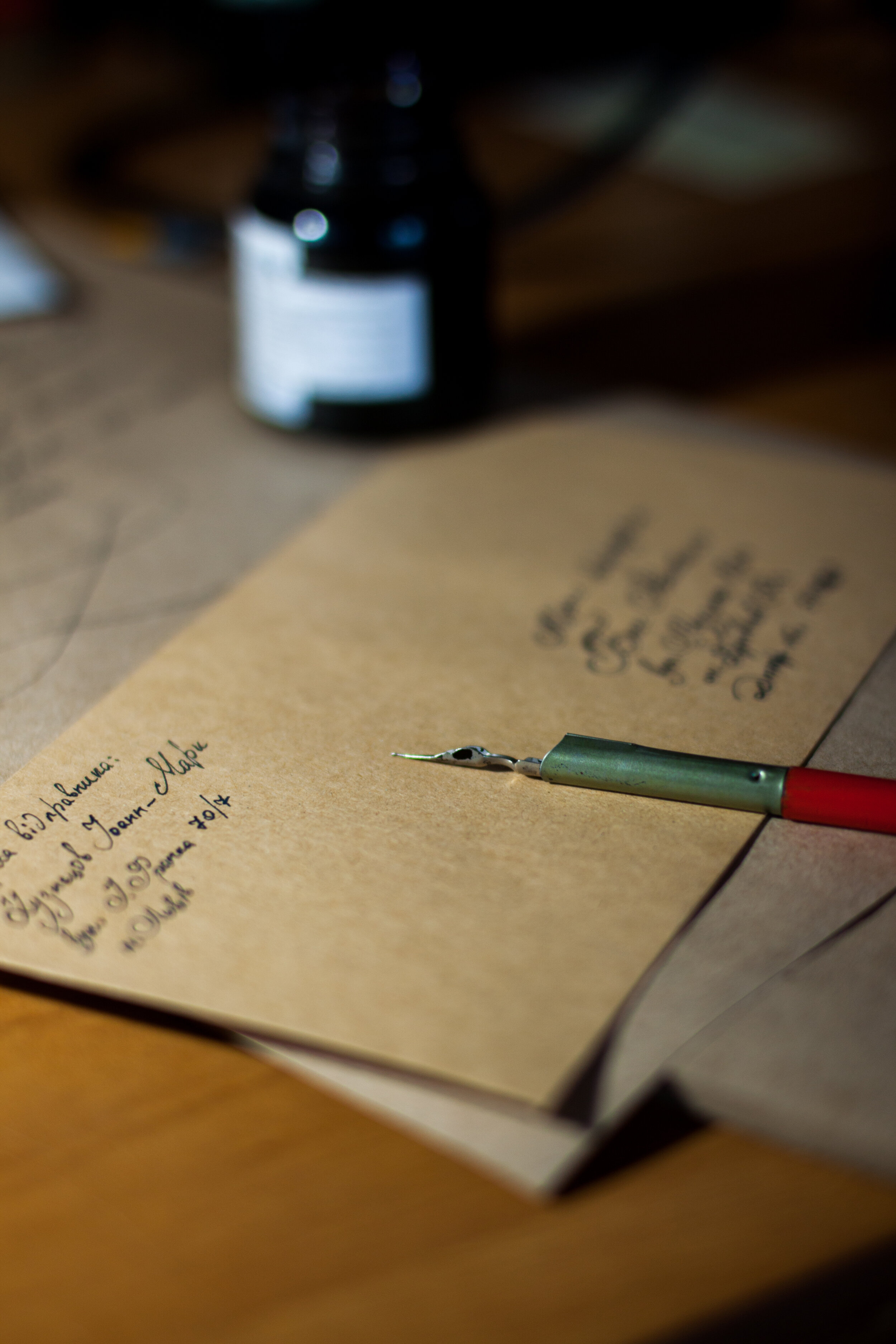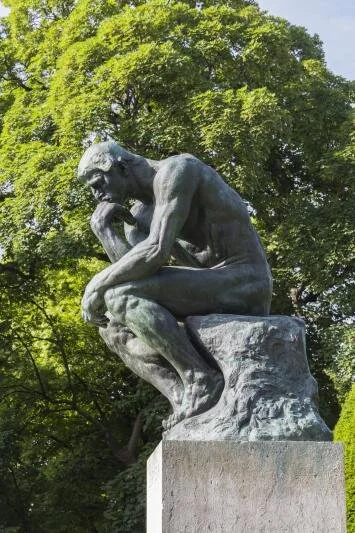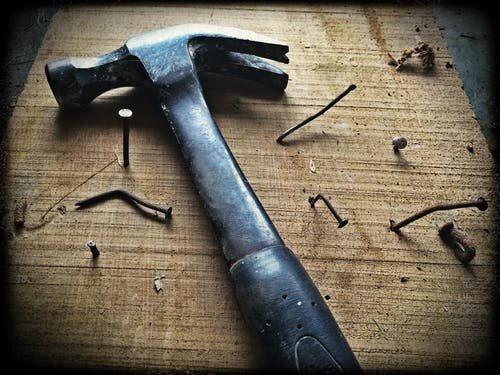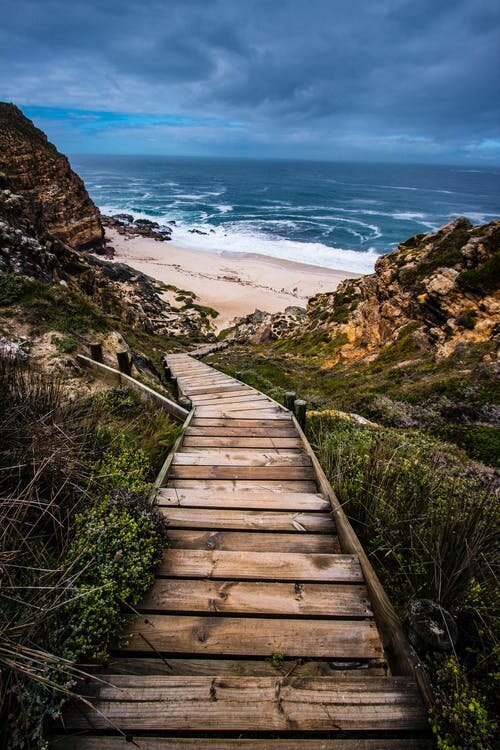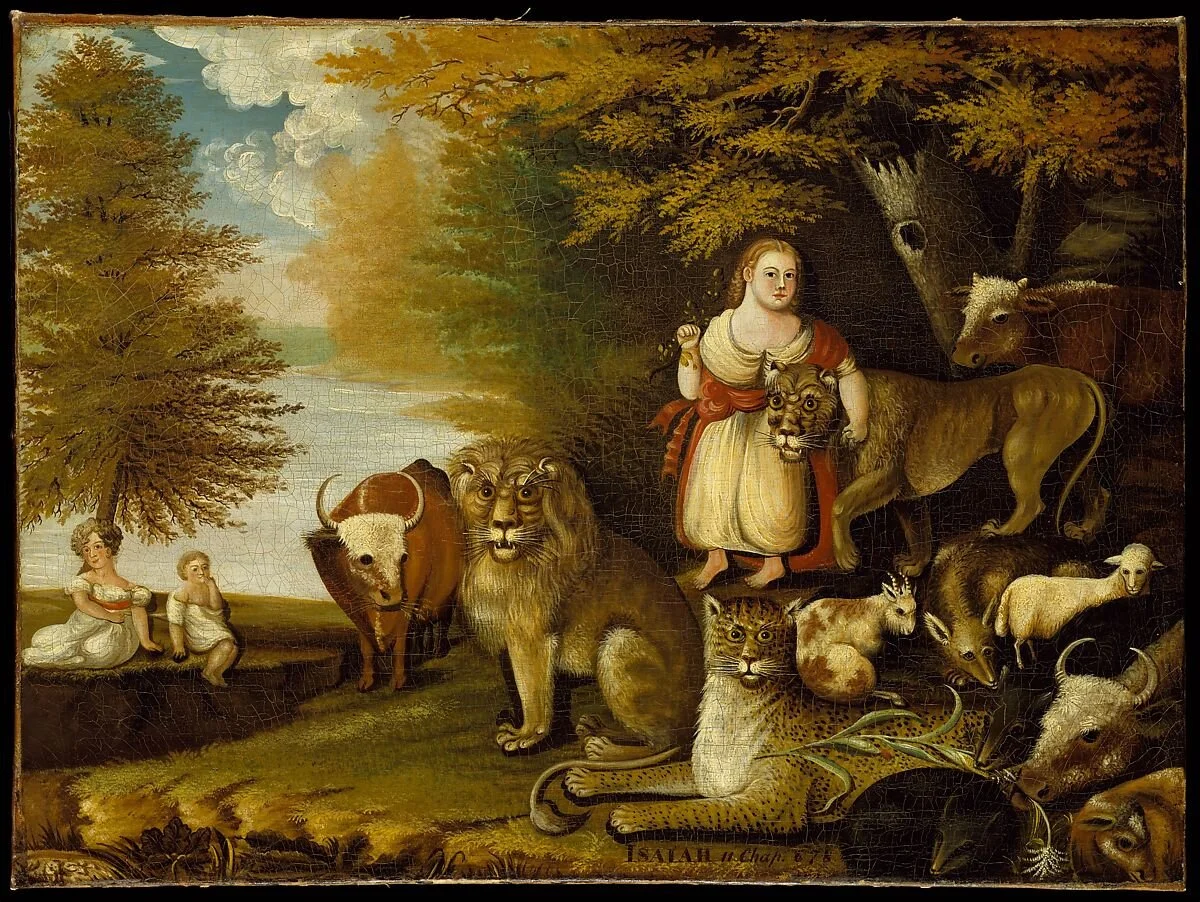USPS
Neither snow nor sleet nor rain…. can you recite the remainder of the line? Know to what it refers?
The unofficial “motto” of the United States Post Office (USPS).* Whether we remember the refrain or not, we have come to expect that no matter what, the mail will be delivered.
Except when it will not- which may occur sooner than we think. The end of the postal service as we know it may happen in September.
Is anyone concerned about this? I find it alarming.
For a free and informed democracy to survive, the mail system is key. (Along with a free press, free speech, free public libraries, free public education, freedom of assembly, freedom of religion) How else can we disseminate information? Without being informed about politics, ideas, science, liberal arts, medicine, we cannot employ critical thinking skills which can lead us in poor decision making. In our ignorance we make ourselves vulnerable. We become easily manipulated by fear, myth, hearsay.
The system of sending letters, notes or packages is amazing. Over the centuries letters and packages have been delivered using couriers, boats, horseback, trains, planes, helicopters, bicycles, cars, trucks even a rocket. Mail is sent in all kinds of conditions- war, natural disasters, inclement weather, etc. During wartime though some words might be censored due to their sensitive nature, information, news, thoughts, and correspondences were sent. The letters might have been sent from the front lines, trenches, or make-shift hospitals, yet the majority of them were delivered. It is vital to national security and strategy to convey information without meddling as well as an individual’s wellbeing to be able to express one’s thoughts or beliefs via mail without interference.
With the closure of the USPS I am concerned that people of limited means will not be able to communicate or receive any goods or information. Using FedEx, UPS, or Amazon is costly. Subscribing to an internet service is not cheap, especially when you have to have the hardware- computer or phone to support and use the technology. Not that the postal service is inexpensive (and rates are always rising) but with limited means it would be costly to use private enterprises to send things or to communicate with others.
Of course, the decline and possible demise of the service is no surprise- inefficiency, poor judgement, elitism of the USPS ( government benefits, salaries, tenure), have all led the USPS to this place. It has always been a mystery to me why the USPS supported a bicycle team, one in which Lance Armstrong had his issues. (And we are a cycling supportive family.)
Should the nation do anything about protecting this freedom? Are we done with this “technology”?
I wonder. Are words on paper the apex of communicating? Writing can replicate ideas, thoughts, feelings, explanations, and law. (After all, something had to be created so that Adam could remember Eve’s honey-do list.) Actually it was later in history when we moved from an oral to written tradition. When we did that, there were those who thought writing it down made us “weak” and that it wasn’t such a great idea. Socrates in Plato's Phaedrus, quoting the prophecy of Ammon(Thamus) : "[Writing] will produce forgetfulness in the minds of those who learn to use it, because they will not practice their memory. [..] You have invented an elixir not of memory, but of reminding; and you offer your pupils the appearance of wisdom, not true wisdom..
The question becomes do the words have to be formed through some type of ink and does the paper have to be 3-D- a crinkly, tangible, weighted tract? Isn’t the computer more efficient? It certainly sends information quickly and I love its word processing capabilities. (I literally cut and pasted different drafts of my honor’s thesis so that I could type up a final copy.) Also true that digital files have expanded the depth and breadth of previously limited research. And true too, there is a lot of junk mail coming in the front door and going out the back into the recycling pile.
Still, I am not giving up on the truly written word. The pros of having something written permanently (no worries about an outdated computer or storage unit -floppy disc anyone?) seems worth it.
So, what am I going to do about this? While we still use snail mail for some correspondences, I know that my patronage isn’t enough. Should I just accept the changes? In reading what the founding fathers wrote I would say no. Perhaps the current legislative branch wants to update the freedom of the press through a national web service for free unbiased information and provide a national digital communication system - one that every home could receive for a nominal fee. Short of something like that, I question the demise of the postal service. How can we provide a basic function to bind our nation together?
According to the History of the Postal Service**:
“The Founding Fathers believed that to succeed, a democratic form of government depended upon the free exchange of news, ideas, and opinions. Thomas Jefferson wrote in 1804: No experiment can be more interesting than that we are now trying . . . that man may be governed by reason and truth. Our first object should therefore be, to leave open to him all the avenues to truth. The most effectual hitherto found, is the freedom of the press.
The first major postal law, passed by Congress in 1792, encouraged the exchange of newspapers by allowing them to travel through the U.S. Mail at extremely low rates of postage — in some cases for free — to ensure the success of the democracy.”
According to Title 39 of the U.S. Code: The Postal Service shall have as its basic function the obligation to provide postal services to bind the Nation together through the personal, educational, literary, and business correspondence of the people. It shall provide prompt, reliable, and efficient services to patrons in all areas and shall render postal services to all communities.”
What about you? Do you use the postal service? If so, for what? If not, how do you communicate? What service or procedure do you use for sending notes or packages? What other areas do you think are important for a free and democratic society? Where have we shifted our emphasis over our 244+ years as a Republic? For the betterment or not?
Guess it is time to write my congresspeople and senators. Ironically I will have to use email.
* "Neither snow nor rain nor heat nor gloom of night stays these couriers from the swift completion of their appointed rounds.” Herodotus in paragraph 98, book eight of The Persian Wars. The quote was inscribed on the neo-classical former post office building in NYC (8th and 33rd St). It became its unofficial motto.
** Click here to download the History of the USPS.

